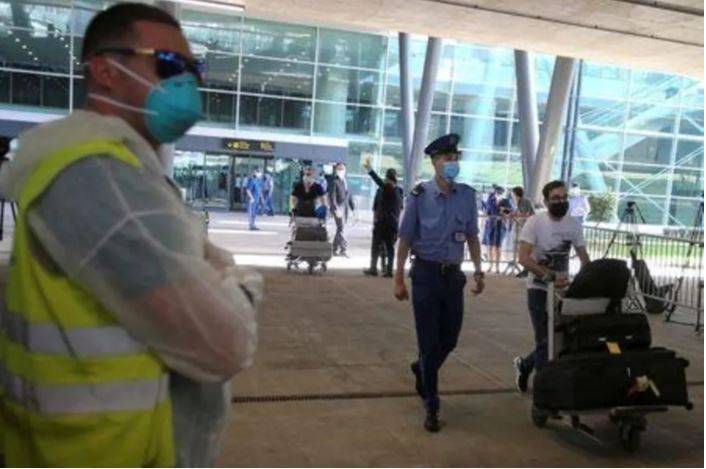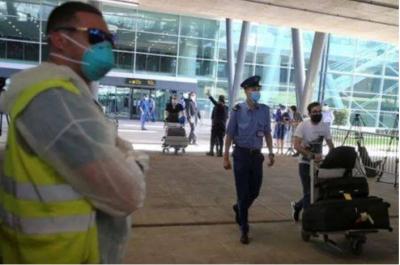The Algerian presidency announced that the Supreme Security Council decided on Wednesday to close the country's airspace to both Moroccan civil and military aircraft, less than a month after severing diplomatic relations with the kingdom. The statement noted that the decision comes in light of "ongoing provocations and hostile actions from the Moroccan side."
Following a council meeting, the Algerian presidency added that the closure also includes any aircraft bearing Moroccan registration numbers. No official response has yet been issued by Morocco. A source from Royal Air Maroc stated that this decision would only affect 15 weekly flights connecting Morocco with Tunisia, Turkey, and Egypt. The source characterized the impact of the decision on the airline as minimal, indicating that the affected flights could change their routes to fly over the Mediterranean Sea. The airline did not issue any official comment regarding the Algerian decision.
Algeria had decided late last month to cut diplomatic ties with Morocco, citing "hostile acts" from the kingdom, particularly after comments made by the Moroccan envoy to New York supporting self-determination for the Kabylie region in Algeria. Morocco expressed regret over Algeria's decision.
Algeria also accused Rabat of supporting the movement for self-determination in Kabylie (MAK), a separatist group that the government has declared a terrorist organization. The authorities accuse it of igniting devastating forest fires, particularly in the Kabylie region, which resulted in the death of 65 people.
The border between Algeria and Morocco has been closed since 1994, and Algeria indicated that it would redirect gas exports from a pipeline that passes through Moroccan territory, which was scheduled for renewal later this year. Relations between the two countries have deteriorated since last year when the Western Sahara issue reignited after years of relative calm. Morocco considers Western Sahara as part of its territory, but the Polisario Front, supported by Algeria, disputes its sovereignty.




